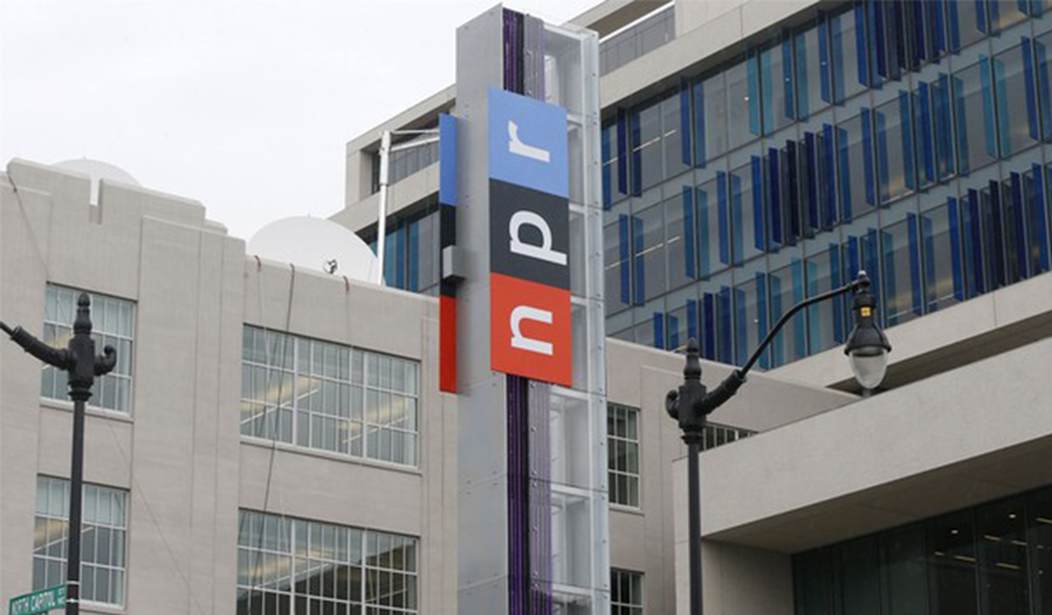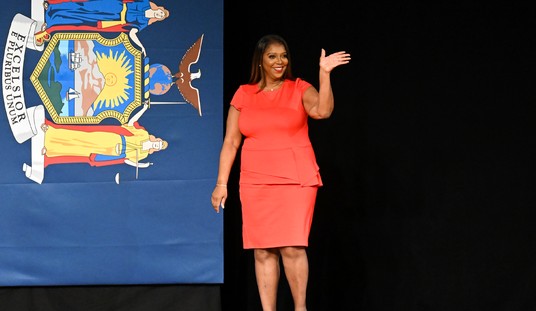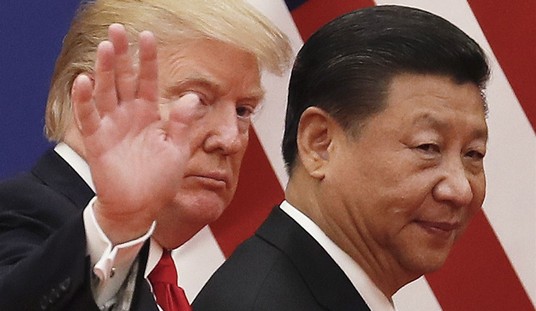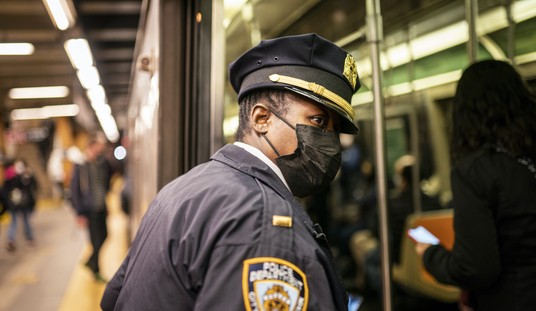National Public Radio (NPR), like the Public Broadcasting Corporation (PBS), is partially funded by public tax dollars. How much is a matter of opinion (more on that below). PBS and NPR claim that less than 1% of their annual operating budgets come from federal funding. That’s about $450 million — not a small amount by any measurement.
But public broadcasters continue to insist it’s not enough money to worry about — usually. If it’s so small, why do NPR and PBS get so hysterical when anyone mentions cutting or eliminating their funding?
I enjoy several PBS programs, including Nova, Nature, and American Experience. Each of those programs is funded by a veritable gaggle of rich people’s trusts, foundations, and families — just as it should be.
Related: The NPR Emperor Has No Clothes
So why did NPR get its panties in a twist and leave Twitter in a huff after Elon Musk slapped a “state-affiliated media” label on its account? Why the histrionics for objecting to someone pointing out the truth?
“NPR’s organizational accounts will no longer be active on Twitter because the platform is taking actions that undermine our credibility by falsely implying that we are not editorially independent,” reads the statement from executives. “We are not putting our journalism on platforms that have demonstrated an interest in undermining our credibility and the public’s understanding of our editorial independence.”
Pardon me, but NPR does an excellent job undermining its own credibility with a sizable segment of the American public. And given its low opinion of the public that it purports to serve — suggesting they are unable to understand “editorial independence” — perhaps Elon Musk should change NPR’s designation from “state-affiliated” media to “we serve elitists only.”
The history of NPR should clear up any misunderstandings about “state-affiliated” funding via the Corporation for Public Broadcasting (CPB).
So in 1970, the CPB formed NPR, which started with 88 station affiliates; All Things Considered launched a year later. For that first decade and change, NPR happily chomped away at that government teat, ultimately landing itself in major financial trouble in the early ’80s, accused of reckless spending by the Government Accountability Office and forced by the CPB to restructure. Instead of the government giving money directly to NPR, which could then be given out to member stations, the CPB decided to give funds to member stations—which now number more than 1,000—to buy NPR content, which remains the structure today (thus making it tough to suss out how much federal funding NPR actually gets).
There’s a bait-and-switch game at work here, and CPB has become expert at it.
As of 2017, NPR got 38 percent of its funding from individual donors; 19 percent from corporate sponsors; 10 percent from foundations; 10 percent from university licensing; and about 4 percent from the government. The CPB still funds NPR via the member station funds doled out, to the tune of roughly 10 percent nowadays, but it’s tough to say exactly how much tainted taxed-away money is flowing into NPR’s now-resplendent coffers. (Do public university funds count, for example?)
That public broadcasting has a left-wing bias has been confirmed in public opinion surveys and scholarly works. Beyond that, the original purpose of public broadcasting — to bring quality educational and children’s programming to the masses — isn’t relevant in the age of Netflix, Disney, and Hulu. “The idea that we have an inalienable right to Car Talk or Sesame Street to be piped in over tax-supported airwaves strikes me as a stretch,” said Reason’s Nick Gillespie in 2010.
Public broadcasting is one of those do-gooder initiatives that the left can hold up and point to as a real achievement. That’s excellent. Now give us our $450 million back and put the squeeze on your rich friends for whatever other funds you may need.
Keep your grubby hands out of our pockets to fund your left-wing propaganda.










